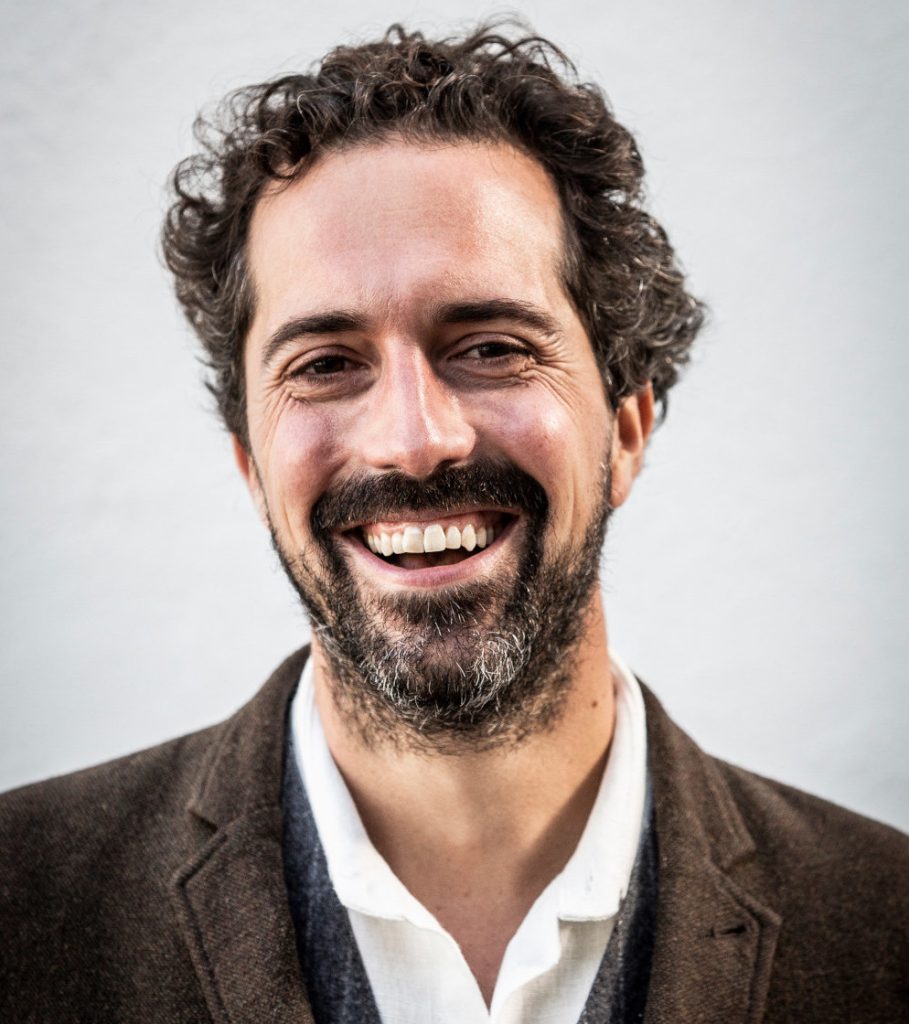Impact Hub partnered with Unearthodox to design and run the Future of Conservation NGOs Innovation Challenge. Bruno Lacey is the Programme Manager for Impact Hub and ran the incubation and co-learning programme alongside the Unearthodox team. He reflects here on being part of the process.
Being part of the Future of Conservation NGOs project allowed me to look under the hood of the conservation sector, and what I saw was both worrying and inspirational. With a background in anthropology, I was familiar with many of the problems that the programme has sought to address such as colonial mindsets and structures, and silo mentalities.
But, I admit, I was dismayed to be encountering the same structural issues I had studied 20 years ago as ‘The Challenges of Development’ being the status quo in the conservation sector of today. So it was a privilege to work with people trying to disrupt business as usual and build something new in its stead.

In trying to express my reflections I wrote long passages on a range of topics but, in the end, admitted defeat and ended up with a list. So, here are some insights and reflections from the programme, which hopefully evolve from the worrying to the inspirational:
So how do we do all of that? This programme and its participants are instructive examples in this regard, and they helped me to articulate some more concrete suggestions for how the narrative above might be realised.
1. Circularity, as championed by our challenge winner Kyklos, is an essential ingredient in building sustainable ecosystems. But it currently lacks the ruthless efficiency that linear models deploy, allowing them to capture markets through low prices. Unless policy frameworks explicitly oblige companies to account for externalities (such as the social value and biodiversity net gain approaches in the UK), or oblige consumers to pay for or be rewarded for their choices (like plastic bag taxes or urban mobility schemes), it’s hard to see how circular supply chains will compete with the linear mainstream, at least in the absence of moonshot technological breakthroughs, such as alternatives to plastic. Since there is plenty of money to be made in technological innovation, grantmakers and donors should probably focus on policy as the key lever to making circularity the norm.
2. Emotional skills count for a lot. Schools, on the whole wherever you are in the world, don’t do a great job at teaching emotional literacy. So, as adults, we have more conflicts, and more severe ones, than we might if only we were equipped with the tools to resolve our differences through negotiation and compromise. But it can be hard to fund the sort of work that our challenge winner Human Nature does because the impact journey is necessarily opaque. There’s no real way to measure the extent to which the emotional literacy and diplomatic skills of an individual contributed to the small print of a policy or the outcome of business negotiations. But if we are to build integrated and regenerative ecosystems where humans and nature thrive, we humans need to improve some of the key skills that define our species: communication, collaboration and creativity. These are things that we learn better from fellow humans than AI; so as technology transforms old ways of educating, these are the skills that new pedagogies should enshrine.
3. For all the diversity of people and projects in this programme, our work together showed me there’s no escaping some common features of the entrepreneurial journey:
Bringing all of this together, hopefully, one could imagine prescribing more editions of the Future of Conservation NGOs Innovation Challenge as a worthwhile endeavour. My advice to Unearthodox, or to any party wishing to take forward the work of challenging the conservation status quo, would be to repeat the challenge, perhaps focusing thematically on policy, technology or education; on specific ecosystems or regions; or on specific participants such as women-led or locally-led innovations. This would allow stronger unity within the cohort of winners, more mutual support and learning, more focused external stakeholder engagement and more insightful, medium-term impact tracking as sectoral trends evolve and the participants’ paths unfold. But even as a one-off challenge, I celebrate its successes and am very grateful for the opportunity to have been part of such an inspirational community.